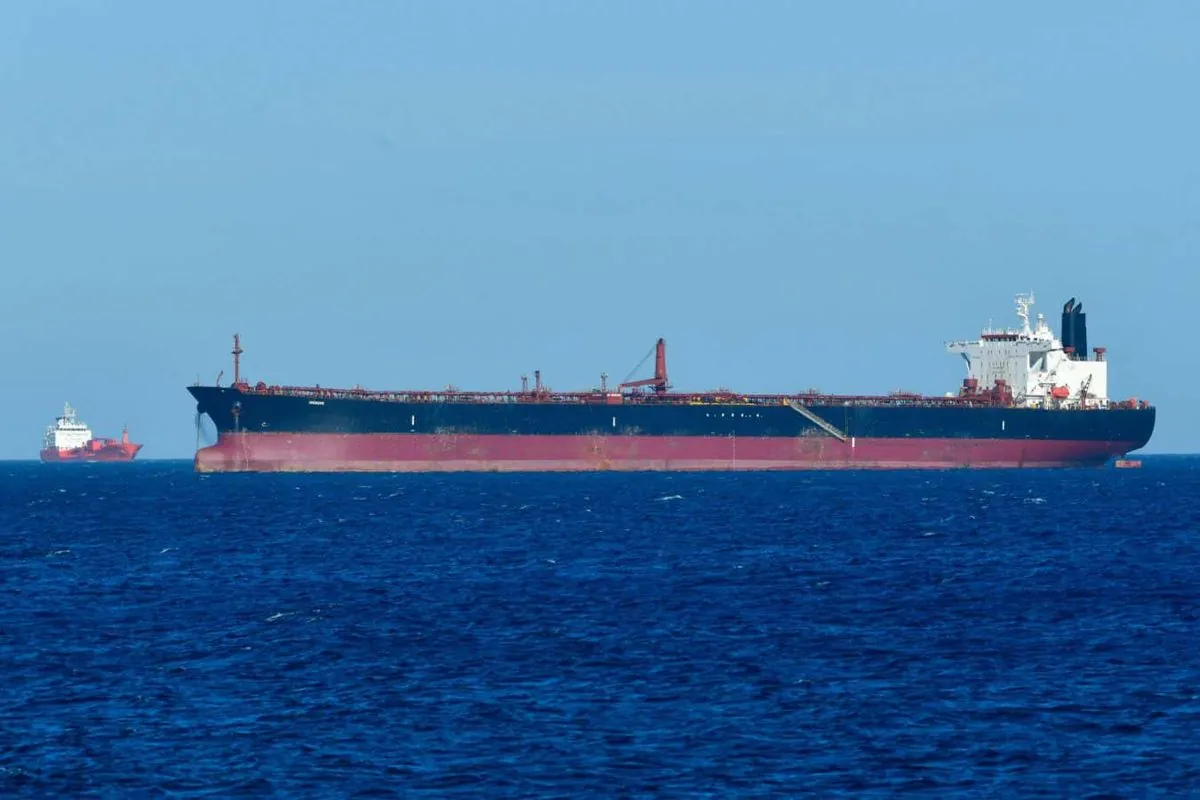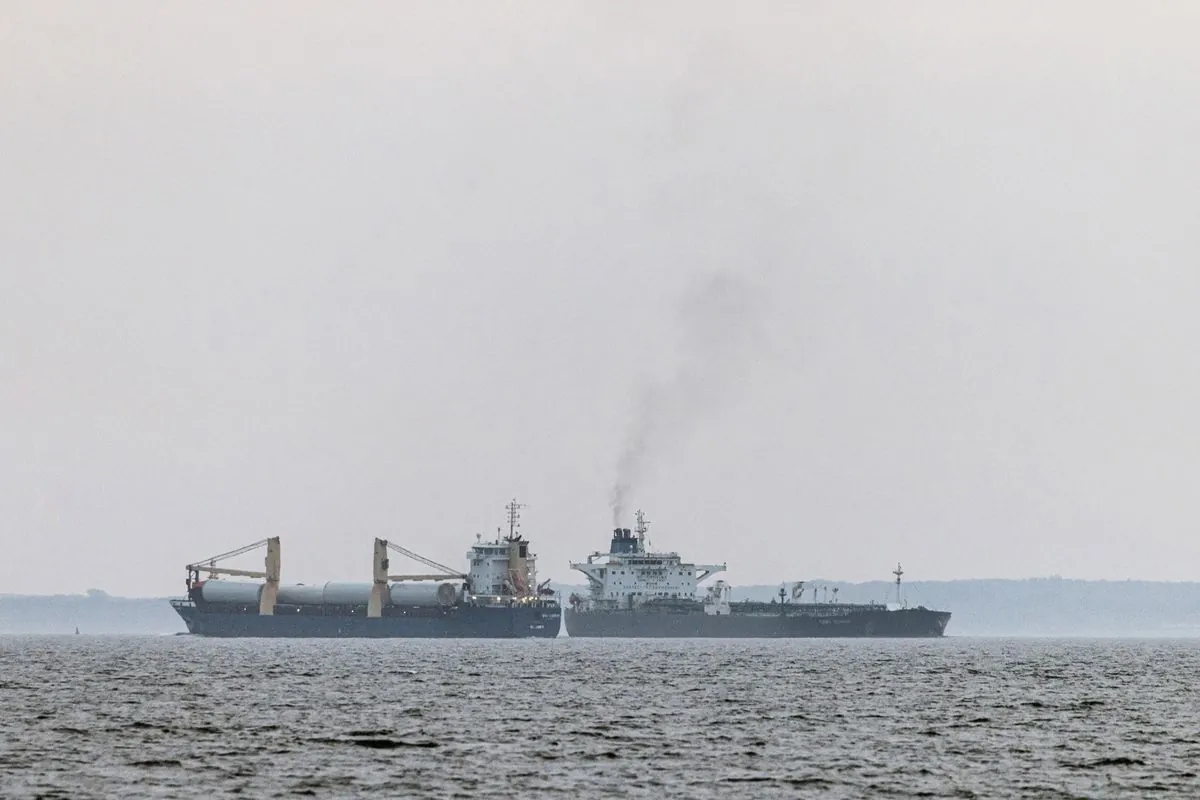Denmark Explores Legal Options to Counter Russian Oil Tanker Threats
Denmark and allies seek ways to limit dangerous Russian oil tanker traffic through Danish straits, balancing environmental concerns with international maritime law. The move highlights broader challenges in updating sea laws.

In recent years, small European nations like Denmark have faced an increasing environmental threat from Russian oil tankers navigating through narrow straits. These vessels, often poorly maintained and inadequately insured, pose a significant risk of oil spills in sensitive marine areas.
The situation is particularly concerning given that these tankers are operating in violation of international sanctions against Russia. The United States and the United Kingdom have taken steps to sanction some of these vessels, but the illicit trade continues. Coastal states like Denmark find themselves in a challenging position, balancing the need to protect their environment with the complexities of international maritime law.
Kristina Siig, a Danish resident and expert on maritime law, expressed concern about the environmental risks posed by this traffic. Living near the strait, she emphasized the potential consequences of a problem with these vessels.
The legal landscape surrounding this issue is complex. The 1982 UN Convention on the Law of the Sea (UNCLOS) provides coastal states with certain rights to address environmental risks. However, the 1857 Copenhagen Convention guarantees the right of innocent passage through the Danish straits for commercial ships. This creates a tension between environmental protection and the principle of free navigation.

In June 2024, Danish Foreign Minister Lars Lokke Rasmussen announced that Denmark and other Western countries were exploring ways to limit the dangerous traffic of Russia's shadow fleet through the Baltic Sea exit. These efforts aim to invoke coastal state rights to prevent environmental harm.
The United Kingdom has also taken action, announcing a "call to action" in July 2024, endorsed by 43 states and the European Union. This initiative seeks to enforce International Maritime Organization rules more strictly, targeting flag states and port states to crack down on illegal practices.
Harold Koh, a professor at Yale Law School and former legal advisor to the U.S. State Department, noted that Russia's actions are clearly in violation of international law. He expressed understanding for allied efforts to strengthen the legal response.
However, experts like Siig caution that even with the legal provisions against environmental threats, completely stopping Russia's shadow fleet may not be feasible. The situation is further complicated by Russia's potential reactions to such measures.
"This would be a legal charade, and seen as such."
The search for legal remedies extends beyond the issue of shadow fleets. The International Criminal Court has issued arrest warrants for Russian officials, and Western nations have taken steps to freeze and partially seize Russian overseas assets. These actions demonstrate a growing trend of using international law to address global challenges.
Maritime law is particularly crucial given the importance of seas and oceans to the modern world. The vulnerability of undersea cables and pipelines to sabotage has become a significant concern for NATO and intelligence agencies. However, UNCLOS, now over 40 years old, lacks provisions to adequately protect these vital assets.
Legal scholars are working to identify tools within existing frameworks to address these new threats. Alexander Lott of the Norwegian Centre for the Law of the Sea notes that UNCLOS did not anticipate the current manipulation of law and sabotage of critical infrastructure.
While formal updates to UNCLOS may be challenging, some experts suggest developing new customary law. Jacques Hartmann, an international law expert at the University of Dundee, proposes that if enough states declare subsea infrastructure as part of their national security, it could gain legal force.
The situation highlights the need for a more nuanced approach to international law, one that can address modern threats without undermining fundamental legal principles. As the global community grapples with these challenges, the balance between upholding established norms and adapting to new realities remains a critical concern.


































